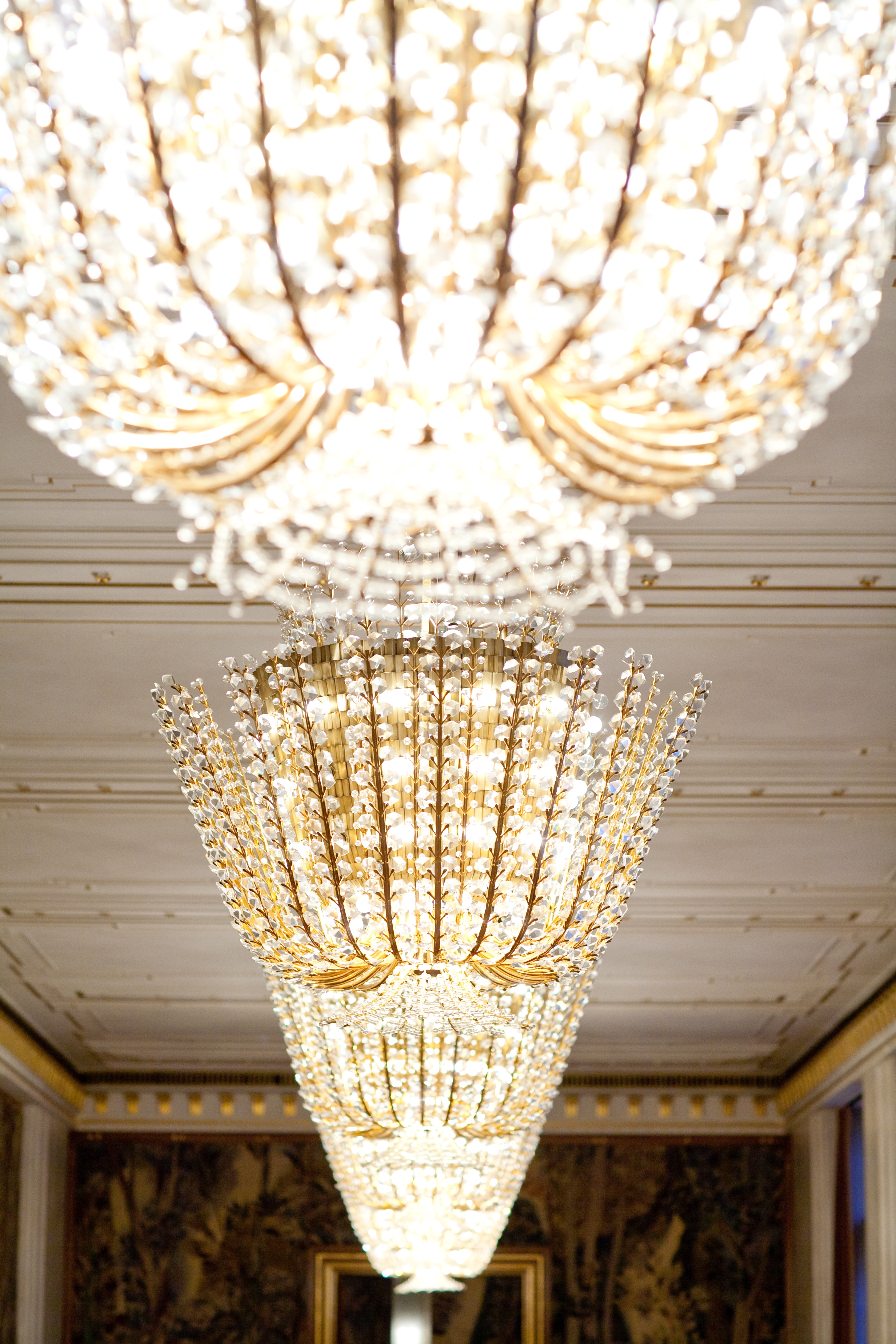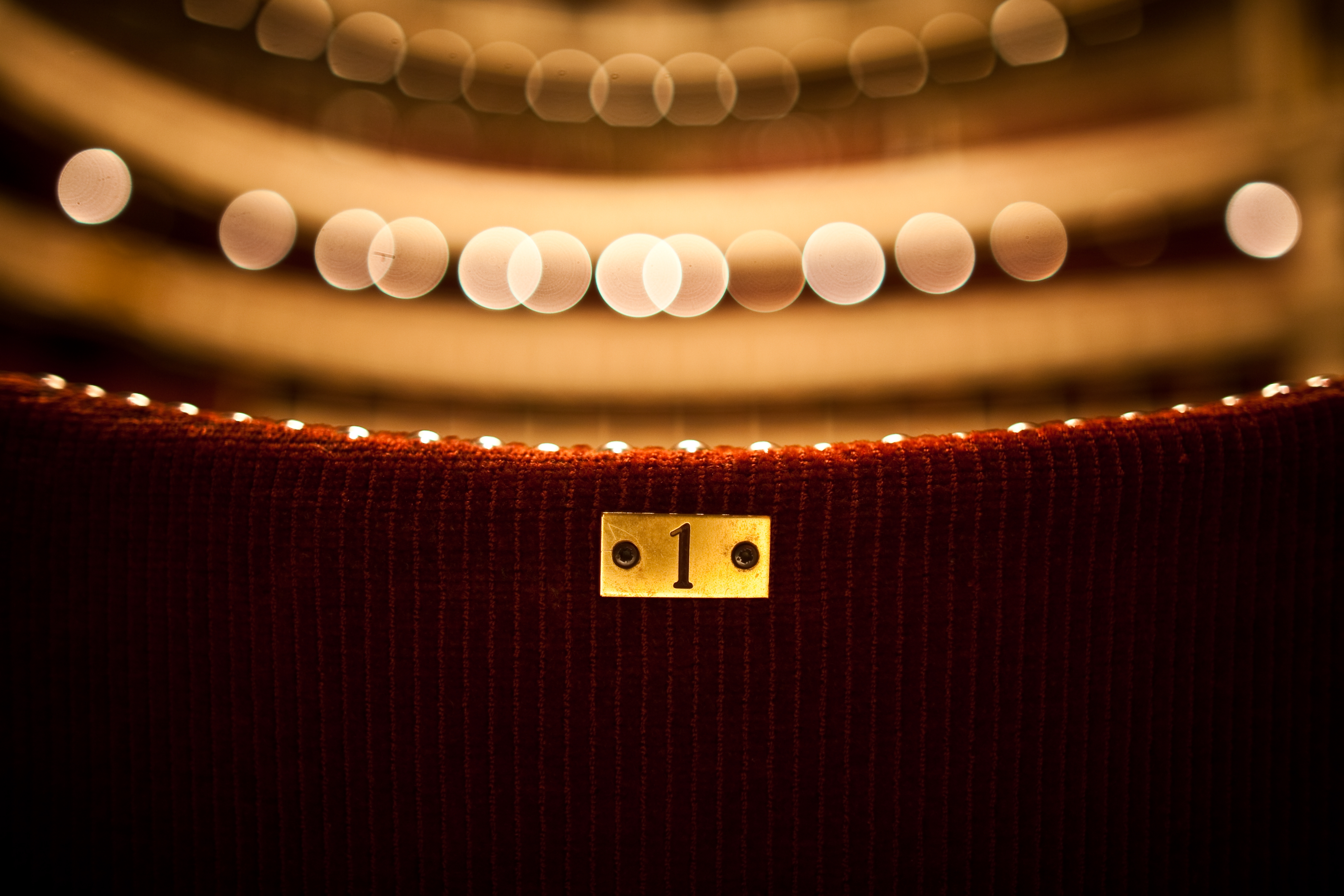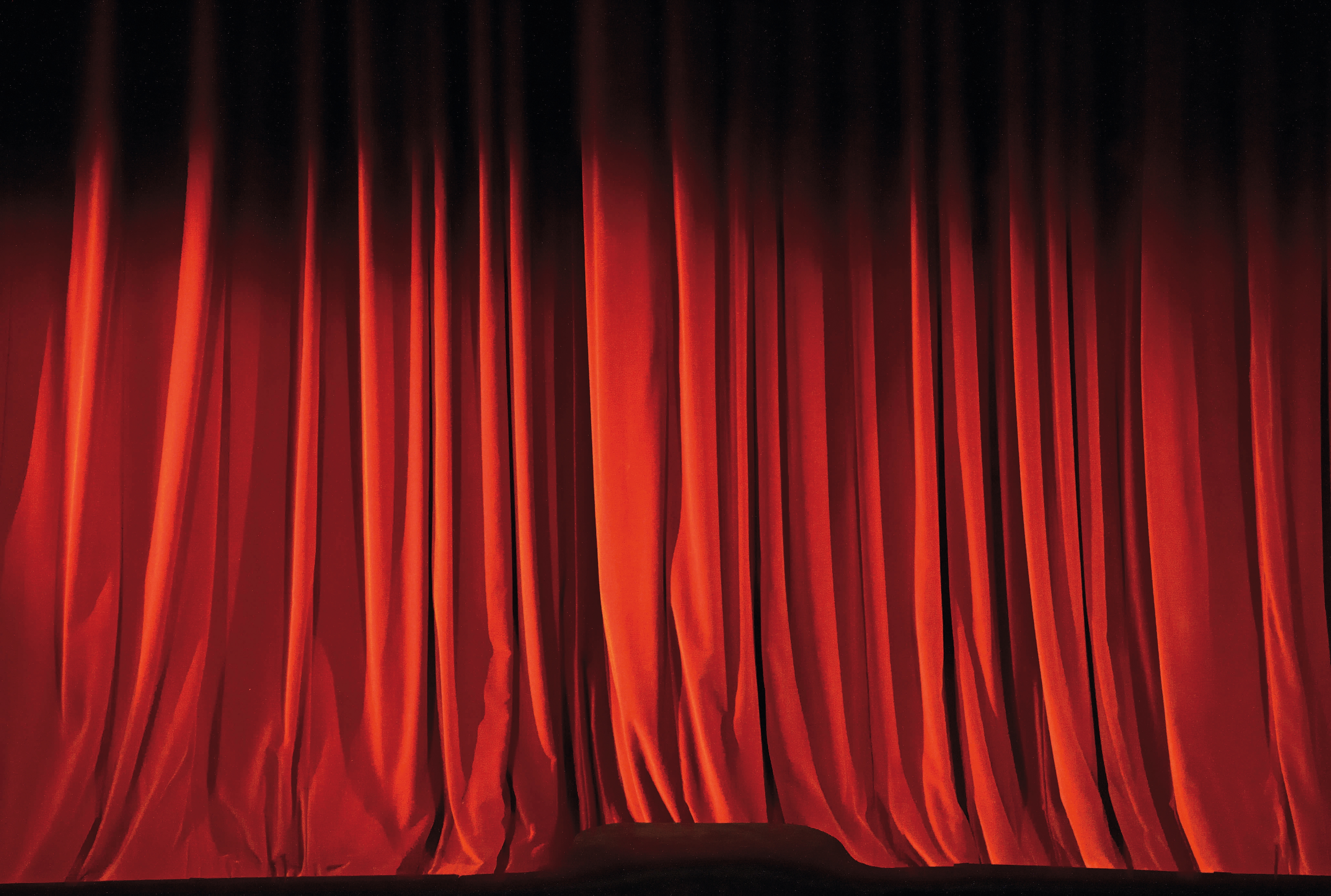
Rigoletto
Storyline
At a party, the Duke of Mantua explains that he has been pursuing a young woman he doesn't know for weeks.
He finds fidelity ridiculous; all women are attractive to him. He has just set his sights on Countess Ceprano, egged on by his court jester Rigoletto. Marullo tells the other courtiers about his latest discovery: the ugly Rigoletto seems to have a mistress. As Rigoletto is hated at court but unassailable, the courtiers - led by Count Ceprano - want to take revenge on him and plan to kidnap his supposed lover.

When Rigoletto mocks Count Monterone, who accuses the Duke of dishonoring his daughter, Monterone curses the despot and his cynical functionary.
On his way home, Rigoletto encounters the contract killer Sparafucile. When he unexpectedly offers him his services, Rigoletto is interested. He recognizes his own reflection in Sparafucile; they are both outsiders.

Troubled by Monterone's curse, Rigoletto blames society and his dubious profession for his own wickedness.
With his daughter Gilda, whom he keeps hidden away from the world, Rigoletto wants to find all the happiness that life denies him. He avoids all her questions about her and his identity. For fear of losing her, Rigoletto forbids his daughter to have any contact with the outside world apart from going to church. Nevertheless, a young man secretly courts her. It is the Duke, who pretends to be a penniless student.

As Rigoletto leaves the house, the Duke storms Gilda with declarations of love that seem to make her maiden dreams come true. Noise in the street forces the Duke to leave: the courtiers come to abduct Rigoletto's "sweetheart". Rigoletto, blinded by a mask, even helps them - in the belief that the Countess Ceprano is being stolen. Rigoletto realizes the truth too late.

The Duke finds Rigoletto's house deserted. He laments the loss of his beloved, for whom he believes he feels deep affection for the first time.
At court, he learns that Gilda has been abducted to the palace by his courtiers and hurries to her. Rigoletto desperately searches for his daughter, but the courtiers leave him in the lurch, even when he tells them that they have not abducted his mistress, but his daughter. When the Duke sends Gilda away, she tries to confide in her father. But Rigoletto thinks only of bloody revenge.
In order to finally "cure" Gilda of her love for the Duke, Rigoletto takes her to Sparafucile's house
and forces her to watch as the Duke pleasures himself with the prostitute Maddalena (Sparafucile's sister). Rigoletto sends his daughter away to prepare their escape and instructs Sparafucile to kill the Duke. But Gilda returns secretly and witnesses how Maddalena persuades her brother to murder the first person who comes along before midnight instead of the Duke.

Gilda then decides to sacrifice herself for her love. She knocks on the door. A little later, Sparafucile hands Rigoletto the body in a sack. At the moment of his greatest triumph - Rigoletto feels like an all-powerful avenger - he hears the Duke's voice. Horrified, he opens the sack and sees his dying daughter. Without understanding the course of events, Rigoletto blames Monterone's curse for the tragedy.
Pierre Audi and his team wanted to tell the story of Rigoletto in a "poetic, dark way". To this end, set designer Christoph Hetzer has created a "world of shadows and darkness" on the revolving stage, a timelessly dark landscape that hints at the Renaissance period in the costumes. Pierre Audi casts a Rigoletto into this world, whom he describes as completely isolated - "an Italian Wozzeck, so to speak".
The melodies of "La donna e mobile" and "Caro Nome", the arias of the Duke and Gilda, have to a certain extent become the signature tunes of Italian opera. Verdi's successful work was sometimes criticized by contemporary critics as "superficial" in the sense of being composed for superficial effect. The influential Viennese music critic Eduard Hanslick also criticized the orchestration as "thick and noisy". Over the decades, it was not only fellow composers such as Igor Stravinsky who commented positively on the work; the progress Verdi made on the way from a number opera to a through-composed opera with Rigoletto has also since been acknowledged.
"The subject is large, powerful and contains a character who is one of the greatest creations of which the theater of all countries and all times can boast."
So wrote Giuseppe Verdi to his librettist Francesco Maria Piave. The subject was that of Victor Hugo's Le Roi s'amuse, the character of the court jester Tribulet, and both were to become Rigoletto, the opera that marked Verdi's breakthrough. Verdi initially wanted to keep the title, but if an alternative was needed, the work was to be called La maledizione(The Curse). The composer was deeply convinced of the central function of the curse of an "unhappy father who laments the stolen honor of his daughter" for the dramaturgy of the piece, and he also fought for this constellation against the censorship authorities, who objected to the work. After a few changes - the French king became the Duke of Mantua - the way was finally cleared for Rigoletto to triumph.














